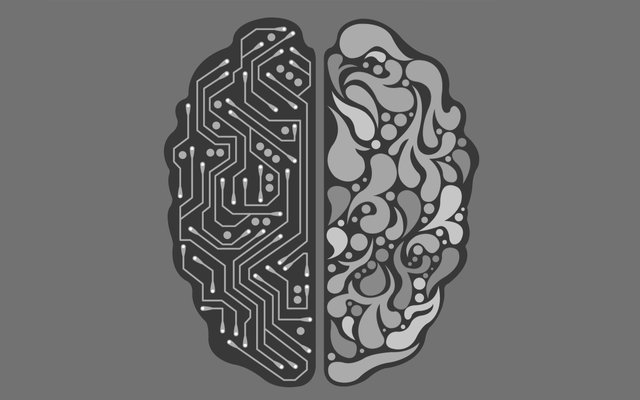
Terminology
What's the difference between Artificial Intelligence, Machine Learning and Deep Learning?
We don't know how to learn before we know what we are looking for. That's why I will explain to you the difference between these terms.
Artificial Intelligence is a term based on the general idea of exhibition of human intelligence by machines. The term IA was founded at the Dartmouth Conferences in 1956, which birthed the field of AI.
Machine Learning is an approach to achieve Artificial Intelligence by using algorithms to parse data, learn from it, and then make a determination or prediction about something in our invironment. The machine is trained using large amounts of data and algorithms that give it the ability to learn how to perform the task. These algorithms weren't successful enough to match human intelligence or even surpass it, until Deep Learning emerged.
Deep Learning is a technique for implementing Machine Learning. Inspired by our understanding of the biology of our brains, unlike a biological brain where any neuron can connect to any other neuron within a certain physical distance, these artificial neural networks have discrete layers, connections, and directions of data propagation. The major breakthrough came, when Andrew Ng took these neural networks, and essentially made them huge, increased the layers and the neurons, and then ran massive amounts of data through the system to train it. Ng put the “deep” in deep learning, which describes all the layers in these neural networks.
So where do I start when I want to learn it?
Before you will be able to use Deep Learning to be able to create your own neural network, you will need to have at least a basic highschool level of maths and some understanding of the programming language of Python.
Therefore my top 5 suggestions for books about maths and python:
1. Mathematics for the Nonmathematician
by Morris Kline
2. What Is Mathematics? An Elementary Approach to Ideas and Methods by Richard Courant
3. Python Crash Course: A Hands-On, Project-Based Introduction to Programming by Eric Matthes
4. Automate the Boring Stuff with Python: Practical Programming for Total Beginners by Al Sweigart
5. Fluent Python: Clear, Concise, and Effective Programming by Luciano Ramalho
Now that I have a basic understanding about math and python, where can I learn AI?
My top 5 suggestions for books on AI:
1. Deep Learning (Adaptive Computation and Machine Learning series) by Ian Goodfellow
2. Hands-On Machine Learning with Scikit-Learn and TensorFlow: Concepts, Tools, and Techniques to Build Intelligent Systems by Aurélien Géron
3. Deep Learning with Python by Francois Chollet
4. Deep Learning for Beginners: Practical Guide with Python and Tensorflow (Data Sciences) by François Duval
5. Deep Learning: A Practitioner's Approach by Josh Patterson
Feel free to ask questions in the comments section :)
Incrible y yo pregunto tu has comprobado esta ciencia al menos en lo basico o solo has teanscrito la idea???
Downvoting a post can decrease pending rewards and make it less visible. Common reasons:
Submit